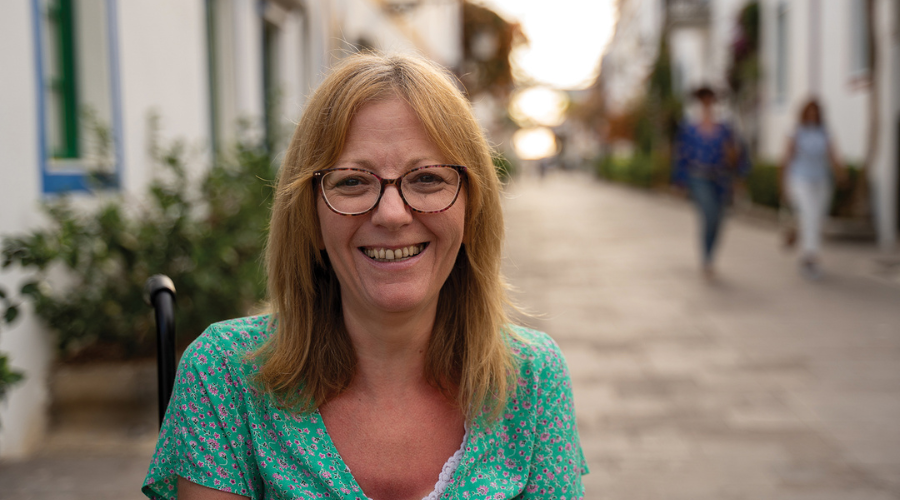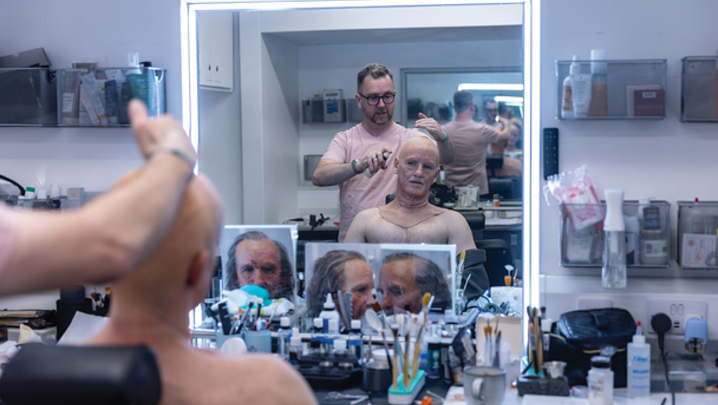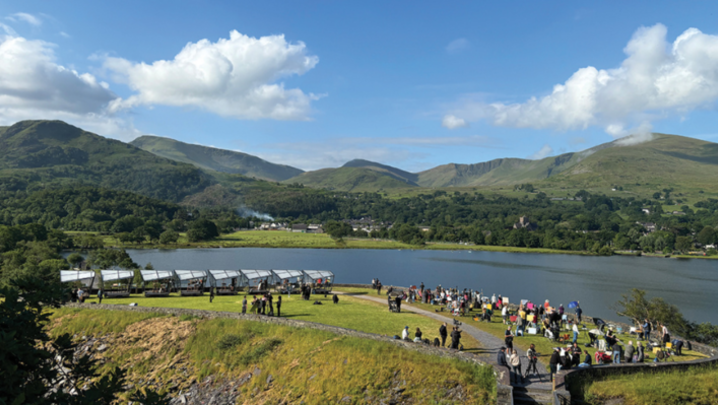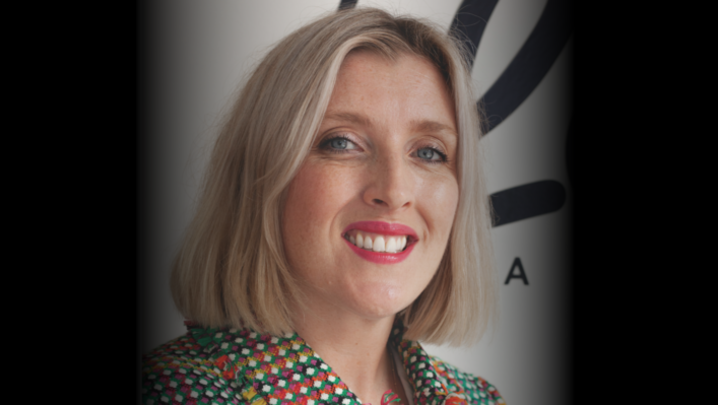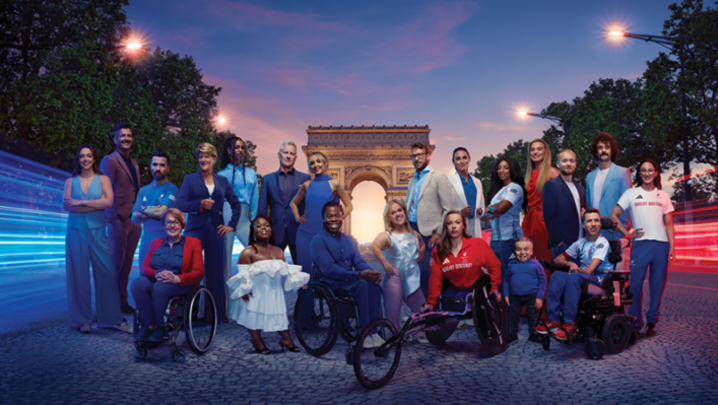Julie Fernandez made her mark in the groundbreaking BBC comedy The Office, playing Brenda, memorably left stranded on a staircase during a fire drill by Ricky Gervais’s ghastly office manager, David Brent. She’s now moved behind the camera, helping disabled people to be creative on set.
What does the job involve?
Supporting everyone on a production – cast, crew and creative team members – who is deaf, disabled and/or neurodivergent. I assess access requirements and put measures in place so that disabled people can turn up to work and, from day one, be creatively brilliant without worrying, for example, how they’re going to get to the toilet on location if they’re a wheelchair user. I also support productions in putting adjustments in place and diversifying their team.
Why is your job necessary?
Practical and affordable measures, such as providing access ramps, nominating quiet rooms or employing a British sign language interpreter, allow disabled people to be creative. It’s important we have access to employment and that our stories are heard.
Why did you retrain for this?
Having had a 30-year career as an actor, I understand how hard it can be to give your best to a production in a particular role, only to be also looked at as a representative of disability for the whole production, even though you’re not being paid for that. I now get to assist disabled creatives in a way that nobody did for me. I can’t believe this is what I get to do for my job!
You have other strings to your bow…
Yes, Sara Johnson and I run the Access Team at Casarotto Ramsay & Associates, where we represent and supervise 13 access coordinators working across TV, film, theatre, events and entertainment. We also advise broadcasters, streamers and production companies, explaining how to take an “access first” approach to their work. It was Sara and I who ran the very first access coordinator training for ScreenSkills. I’m very proud of that.
What was the first production you worked on as a coordinator?
A 2022 Dave comedy, Perfect, which had lots of disabled roles. It was written by disabled comedian and writer Laurence Clark, who was in the same class as me at Treloar – a boarding school for disabled kids in Hampshire.

(Credit: UKTV)
You have had a long acting career – how does that help your new job?
It’s incredibly helpful – it enables me to fully understand what is required of an access coordinator. When I starred in the Spanish-set BBC soap Eldorado, it would have been of enormous help if I’d had an access coordinator supporting me. The Office was different: Ash Atalla, the producer, and I also went to school together at Treloar. I came in on the second series, and everyone had worked with Ash on the first, so the whole crew and cast had overcome their worries about working with a wheelchair user.
When is a coordinator first called in?
It’s helpful to start as soon as a programme is given the green light. For example, we can support the script team when there’s a disabled person or storyline in the show – we wouldn’t tell them how to write it but we might suggest a tone and a language that is right for a particular era. We help the heads of department if they want to tap into the talents of disabled creatives, and can advise on the accessibility of locations, hotels and travel. If there’s a disabled cast member, having an access coordinator on set helps the shoot run more smoothly, especially during the first days. We also get involved in post-production, advising post houses, as well as giving an access point of view on publicity materials and press screening requirements.
How long do you work on a show?
It’s not a full-time position – I’ve had 15 access coordinator jobs on the go at one time across different productions. You dip in and out as the production requires, but three to five days (worked as 10-hour days) is typical and practical. It doesn’t add much to the costs of a production, considering the experience it brings.
What does a typical day look like?
It’s so varied. A lot of the work can be done from home – phone calls, emails and Zoom meetings. I also go to table reads, shoots and screenings.
What do you bring to work with you?
My support worker. As a wheelchair user with brittle bones, I need an assistant to help me get out and about.
What is best and worst about the job?
The best is enabling other disabled people to concentrate on being creative. The worst is when productions don’t engage properly and disability becomes a tick-box exercise.
Did you always want to work in TV?
I fell into it. I was doing my A-levels, but I wasn’t particularly academic. I was in and out of hospital for so much of my childhood – I’ve had 60-70 operations, mainly when I was young. I’d applied to universities and polytechnics for a variety of degrees but couldn’t physically get in anywhere because of a lack of wheelchair access. The BBC contacted my school when they were casting for the character of Nessa Lockhead in Eldorado. I auditioned and got the job. So a week before my 18th birthday, I left school and went to Spain.
How important was your role in The Office to the representation of disabled people on screen?
Massive. It helped to galvanise a conversation about disability rights. The show was also a lot of fun to work on.
Do you still have acting ambitions?
I don’t do as much as I used to but I’m happy to act if there’s a good role. I’ve just turned 50 and I’m really enjoying being an access coordinator and working at Casarotto to help the industry as a whole to understand the value of disabled people.
Should access coordinators themselves be disabled?
Yes, because we speak the language, understand nuance and live that life.
What advice would you give to someone wanting to do the job?
Experience working in TV, film or the theatre because that enables you to understand how things are made and who’s who in productions. It’s also important to have charm, resilience and a passion for helping bring sustainable change and full inclusion to the entertainment industry.
How much further does TV have to go?
It’s a slow process but we are getting there. Screenwriter Jack Thorne’s MacTaggart lecture in 2021, in which he said disability was the “forgotten diversity” in the industry, was a watershed moment for the disability community. It’s because of Jack that the access coordinator role exists and that broadcasters are accepting responsibility for the change that needs to be made. It took a good five or so years for the industry to accept intimacy coordinators, but now every production is open to the value of that role. Over the next few years, it will be the same for access coordinators. There are many more disabled people in TV now and we are on an upward trajectory, but we still have a way to go.
Julie Fernandez was interviewed by Matthew Bell.

